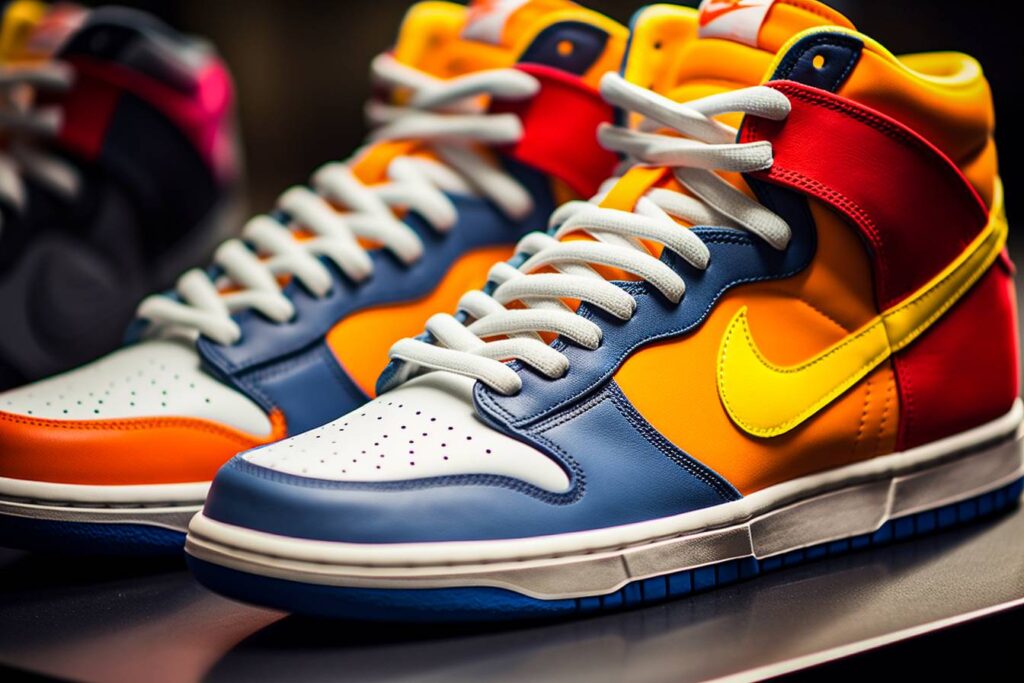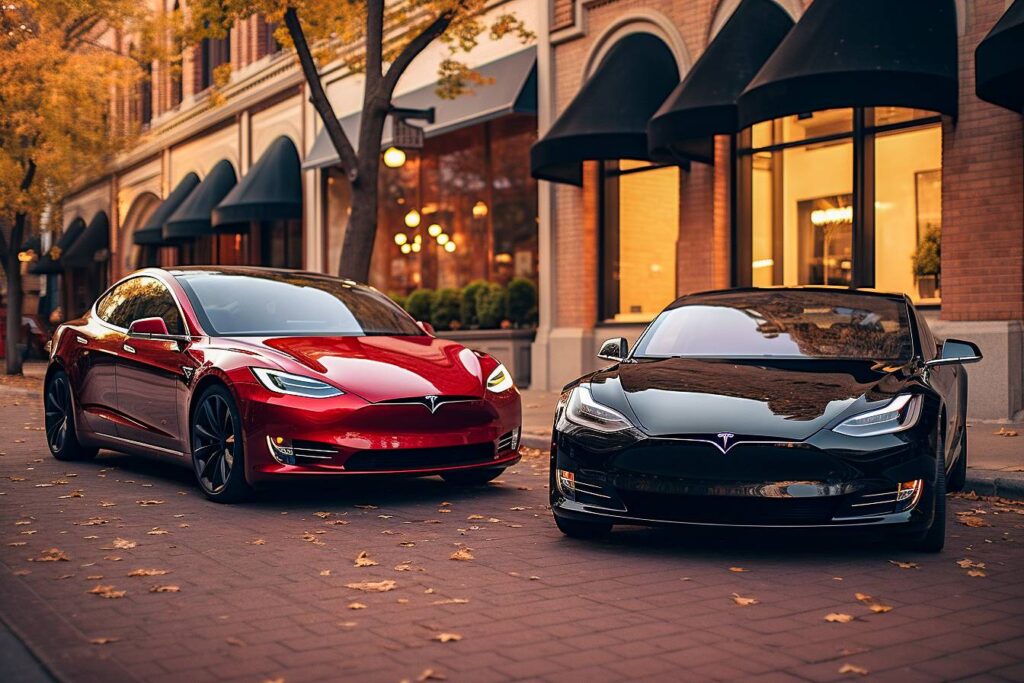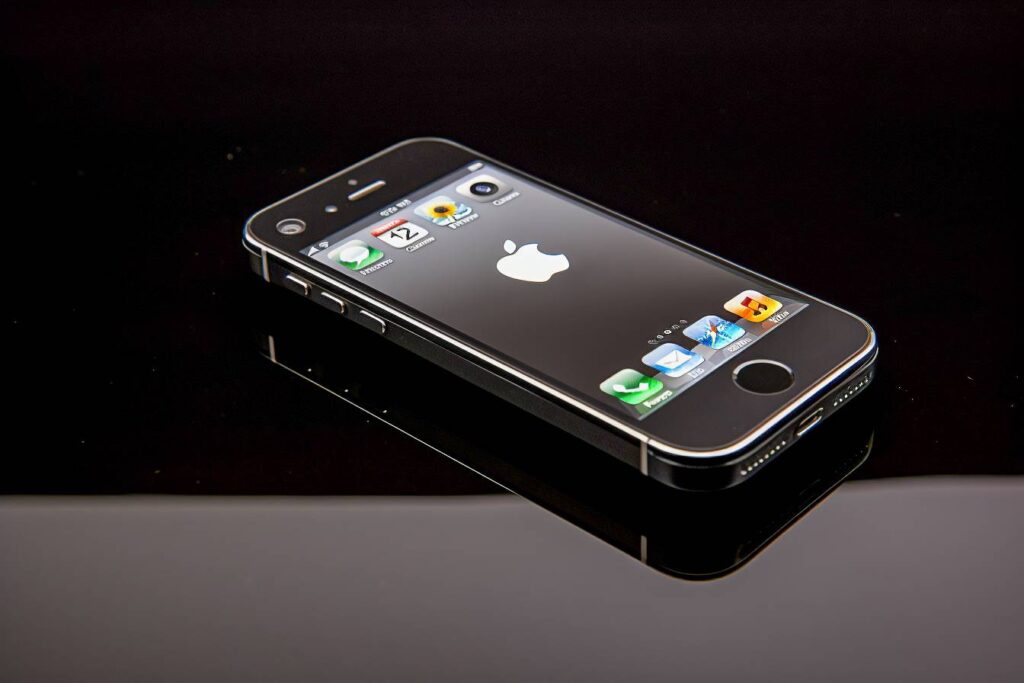Consumer culture is an integral part of modern society and has a significant impact on lifestyles, values and social norms. A way of thinking that goes beyond the satisfaction of basic needs and is a defining aspect of an individual’s identity and social evaluation. The way individuals interact with the world around them is based on material values.
Consumer culture is driven by advertising, which inundates people with messages aimed at creating desires to buy goods or services. Advertising is strategically planned and designed to associate products with certain lifestyles and societal ideals, promoting a culture in which the pursuit of material things is associated with perceptions of happiness and success. This constant flow of information encourages consumers to buy certain goods that they believe will change their social position and self-esteem.
In consumer culture, a brand is a status symbol. The choice of brands in purchases made by individuals serves as a sign of personal identity and belonging. The possession of certain goods (brands) symbolizes membership of certain social groups.
The digital age has further reinforced consumer culture by providing platforms for individuals to share their experiences and insights, for example on what to eat or wear. In the social media space, individuals, consciously or unconsciously, develop a consumer culture, for example by sharing their lifestyles or providing reviews of goods and services.
Consumer culture can lead to environmental problems linked to the over-consumption of goods, i.e. the depletion of resources. In addition, the constant pursuit of material things as a source of identity and happiness can create a cycle of dissatisfaction, i.e. individuals are constantly looking for the next purchase in pursuit of short-term gratification.




